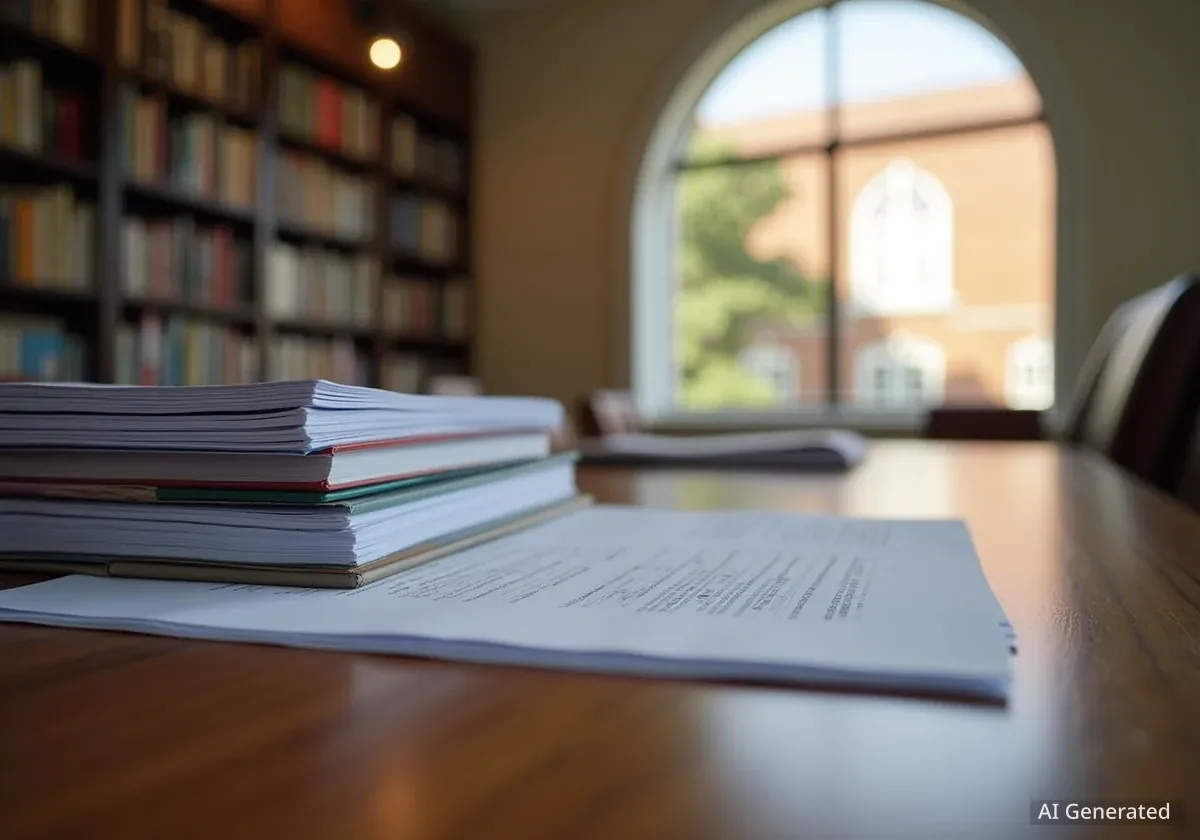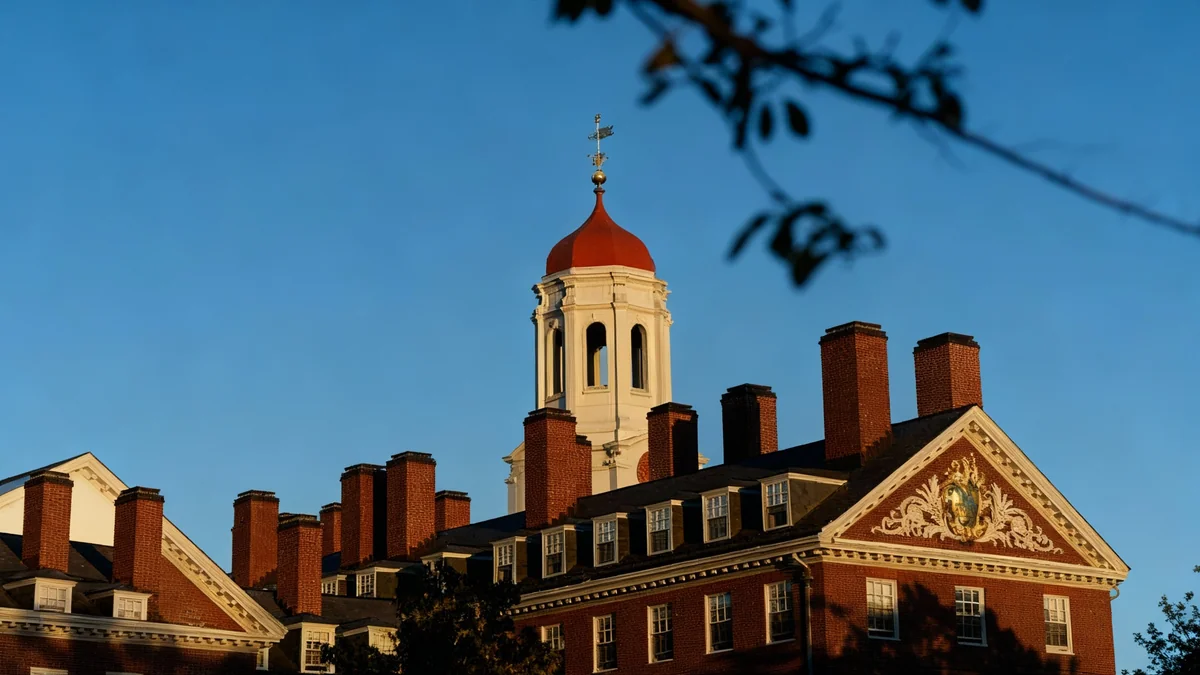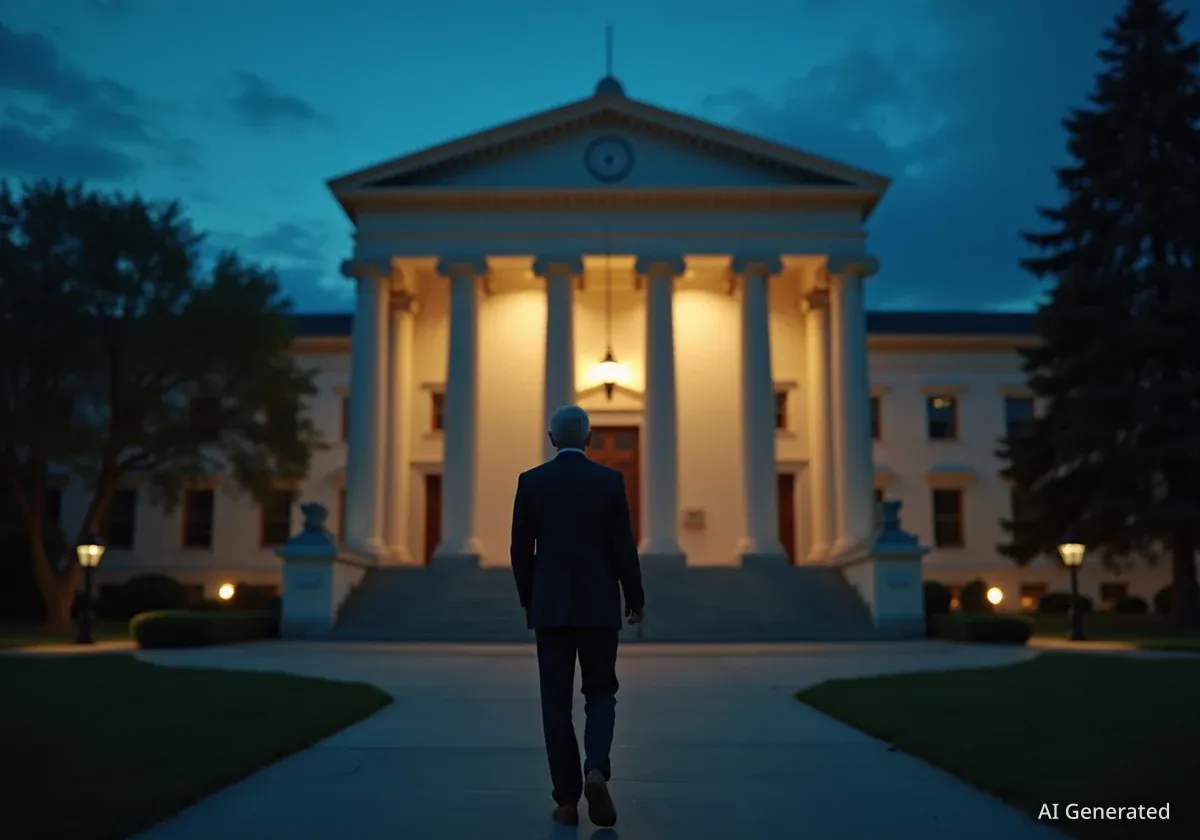A federal judge has directed the Trump administration to reinstate more than $500 million in research grants that were previously withdrawn from the University of California system. The ruling addresses funds that were frozen amid allegations from the administration that the universities engaged in discriminatory practices.
Key Takeaways
- A federal judge ordered the Trump administration to restore over $500 million in research grants to University of California schools, including UCLA.
- The funding was initially cut based on administration claims of undue favoritism toward minority groups, antisemitism, and other policy disagreements.
- U.S. District Judge Rita Lin ruled that the administration failed to provide adequate justification for its actions, calling the termination notices "unreasoned form letters."
- The court rejected the government's attempt to move the case, ensuring researchers could defend their rights in district court.
Court Mandates Reversal of Funding Cuts
U.S. District Judge Rita Lin of San Francisco issued a significant order on Monday, compelling three federal agencies to return research grants to scientists at the University of California. This decision follows her previous ruling that the Trump administration had not adequately justified the withdrawal of these funds.
The financial impact of the initial freeze was substantial. On August 1, the administration halted more than $324 million in research funding designated for the University of California, Los Angeles (UCLA) alone. The total amount affecting the entire UC system exceeds $500 million.
In addition to freezing the funds, the administration had demanded that UCLA pay the government $1 billion and alter its admissions policies to regain access to the grants. Judge Lin's latest order effectively nullifies these actions, requiring the immediate restoration of the withdrawn funds.
Background of the Dispute
The conflict began when the Trump administration accused UCLA and other UC institutions of policies that it claimed unfairly favored racial and gender minorities. The administration also cited concerns over alleged antisemitism on campus as a basis for its decision to cut federal research funding.
Administration's Justifications Questioned
In her ruling, Judge Lin critically examined the reasons provided by federal agencies for terminating the grants. She described the notices sent to researchers as "unreasoned form letters" that failed to explain the government's claims of discrimination.
For example, a long-standing federally funded project at UCLA focused on reducing harmful emissions in disadvantaged communities was abruptly terminated. The Department of Transportation declared in a short, two-page letter that the project "discriminates on the basis of race, national origin, or other protected characteristics," without providing detailed evidence.
Specific Allegations by Federal Agencies
Another termination notice from the Department of Health and Human Services targeted researchers studying multiple sclerosis and dental diseases. The agency cited a range of unrelated issues, including:
- Alleged "antisemitism and bias" in UCLA's environmental research.
- Discrimination against women by allowing transgender females to compete on women's sports teams.
- Conducting "illegal affirmative action," despite California voters banning the practice in university admissions in 1996.
Judge Lin, an appointee of President Joe Biden, concluded that these termination letters were not based on sound legal reasoning but were instead evidence of "viewpoint discrimination." She found that the government failed to connect its broad accusations to the specific research projects it defunded.
Affirmative Action in California
California's Proposition 209, passed by voters in 1996, amended the state constitution to prohibit state governmental institutions from considering race, sex, or ethnicity in the areas of public employment, public contracting, and public education.
Jurisdictional Challenge and Researcher Rights
The Trump administration's Justice Department attempted to have the case dismissed from federal district court. Government attorneys argued that the researchers should have filed their claims in the Court of Federal Claims, a specialized tribunal in Washington, D.C., that handles monetary claims against the government.
Judge Lin rejected this argument, pointing out a critical distinction. The Court of Federal Claims only has jurisdiction over lawsuits brought by parties with direct contracts with the government. In this case, the research grants were contracted with the universities, not the individual researchers.
"The government’s position is that it could flagrantly violate the rights of researchers — even by terminating the federal funding of all Black researchers, or every researcher with an Asian last name — and the researchers would have nowhere to sue to undo those wrongs, unless their universities decided to sue in the Court of Federal Claims," Lin wrote in her decision.
She emphasized that the district courts are the appropriate venue for the UC researchers to defend their constitutional and statutory rights. "This Court will not shut its doors to them," she affirmed, citing a precedent from the 9th U.S. Circuit Court of Appeals that allowed the lawsuit to proceed.
Implications of the Ruling
Claudia Polsky, a law professor at UC Berkeley and the attorney representing the researchers, celebrated the ruling as a major victory for academic freedom. She highlighted the immediate practical benefits for the affected research programs.
"Every week and month they can keep the funding turned on, they can do research, not have to fire staff or end their labs," Polsky stated on Tuesday. She also noted that the decision strengthens the university system's position in any ongoing negotiations with the administration.
The Department of Justice has not yet indicated its next steps. A spokesperson, Natalie Baldassarre, declined to comment on the ruling. The administration has the option to appeal Judge Lin's decision to the 9th Circuit Court of Appeals.





